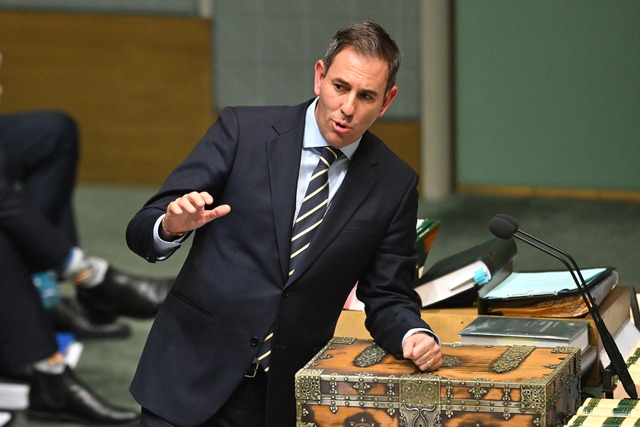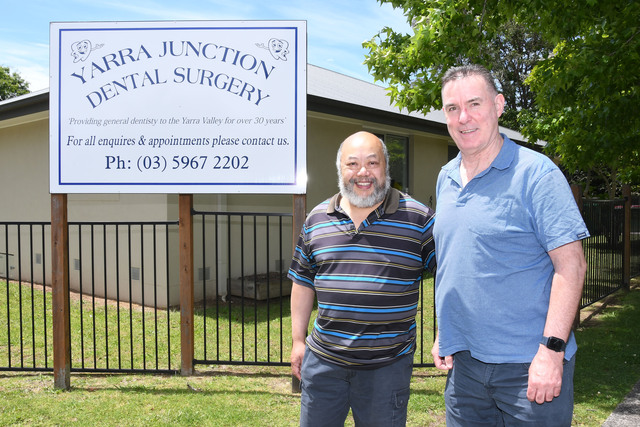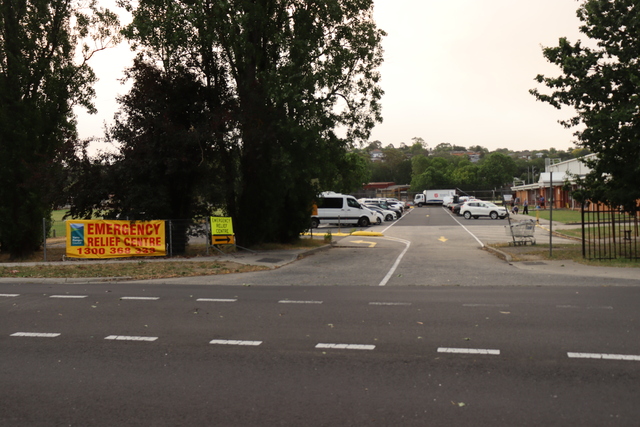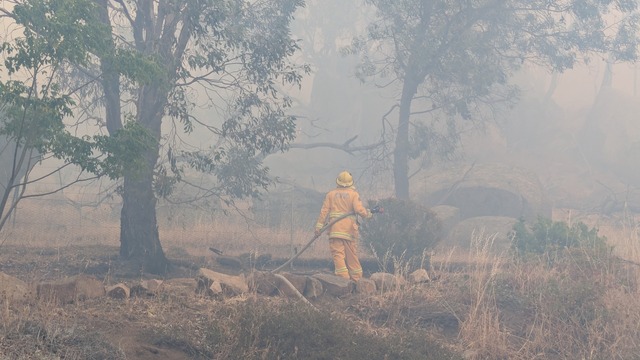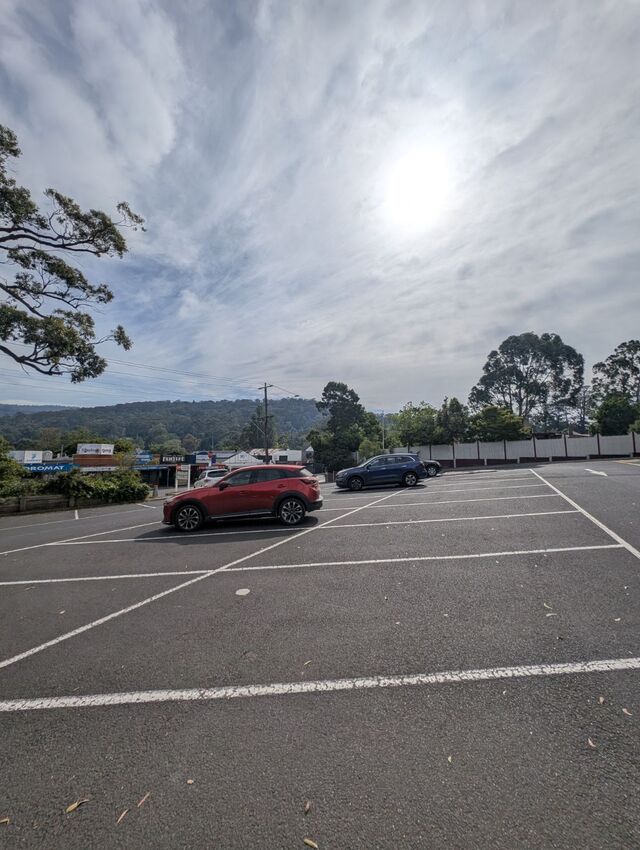There were a number of measures announced in the Federal Budget under the scope of cost-of-living relief, some immediate and others over time.
Approved earlier this year, 13.6 million Australian tax payers will reap the benefits of tax cuts from 1 July with an average of $36 saved each week.
“Our new tax cuts for middle Australia are the biggest part of the cost of living relief in this Budget,” Federal Treasurer Jim Chalmers said.
“This is about rewarding the hard work of our nurses and teachers, truckies and tradies…Our tax cuts are better for families, communities, women, and young people, and better for business and the economy.”
The most immediate relief for households will come in the form of energy relief, with a $300 rebate, broken into $75 lots, going to all as it won’t be means tested.
“We’ve found a responsible and affordable, but meaningful, way to help people with the cost of living, not just people on low and fixed incomes, but people in middle Australia too,” Dr Chalmers said in an interview with the ABC.
This has stirred some criticism from the opposition, with Federal Casey MP Aaron Violi stating the cost-of-living relief “missed the mark”.
“The reason they need to give money to everyone through a handout is because energy prices are having double digit growth every year for the last two years, and they don’t actually have any solutions to those problems,” he said.
“It’s a temporary fix, it’s a band-aid over a bullet hole. While the relief is welcome, it’s actually not making a big difference, and it’s not dealing with the underlying cause.
“I don’t think giving billionaires and millionaires $300 of taxpayer money is a great use of taxpayer money.”
Australian Council of Social Service chief executive Cassandra Goldie said the billions of dollars spent should have been used to increase income support payments.
“Somebody who is on $200,000 plus, who owns their own home, who possibly has an investment property … they will be getting $300 extra when we’ve got somebody in poverty who is unable to feed themselves more than once a day,” she told reporters in Canberra.
Energy relief of $325 has been budgeted for small businesses, something Mr Violi said was “better than nothing” but was concerned “isn’t going to make a tangible and significant difference for these businesses that are, in many cases, struggling to survive”.
In total the energy relief equates to $3.5 billion and will come into effect from 1 July.
“The ABS has shown how cutting energy bills directly cuts inflation too,” Dr Chalmers said.
“Keeping the lights on for families and businesses – and keeping downward pressure on inflation.”
Businesses will also be supported by the extended instant asset write off, a welcomed inclusion from Mr Violi.
“I’m a big fan of the instant asset write off and the more we can do it to allow businesses to invest in productive capital and decide how they want to manage their cash flow and their tax bill is a good thing.
“Credit where it’s due, it’s good to see the instant asset write off has continued and it’s a space where I think governments can continue to support small business because it’s not a handout, it’s just encouraging them to invest and make the most of their accounting situation.”
The cost of medicines will also be frozen, with a cap of $31.60 set for prescriptions included in the Pharmaceutical Benefits Scheme.
Cost caps of $7.70 will also be in place for five years for pensioners and concession holders.
“We’re also investing $3.4 billion to add life‑changing and life saving medicines to the PBS,” Dr Chalmers said.
“Cutting the cost of one breast cancer treatment from around $100,000 down to just $31.60.”
While not instant relief, the budget allocated funds to making the Food and Grocery Code mandatory, with CHOICE enabled for three years to produce quarterly price comparison reports.
The idea is that consumers will be able to make more informed decisions about the products they are purchasing based on the reports. The first one will be released at the end of June.
Reducing the burden for parents, especially women, the government has announced it will pay superannuation on government funded Paid Parental Leave (PPL) for parents of babies born or adopted on or after 1 July 2025.
Anglicare Australia executive director Kasy Chambers said while the budget makes headway in tax fairness, aged care and cost of living, “an increase to JobSeeker remains unfinished business”.
“Tonight’s Budget beds in the newer, fairer tax cut package. It also makes a down payment on aged care reforms. These changes are this Government at its best, listening to the community and taking action to get a fairer deal for everyone,” she said.
“We need to see them take a similar approach when it comes to giving relief for people who need it most.”

